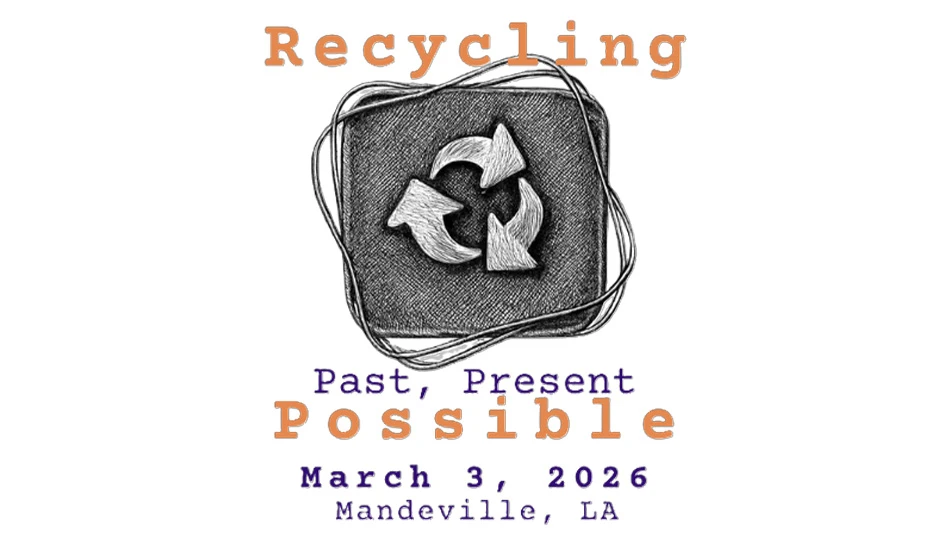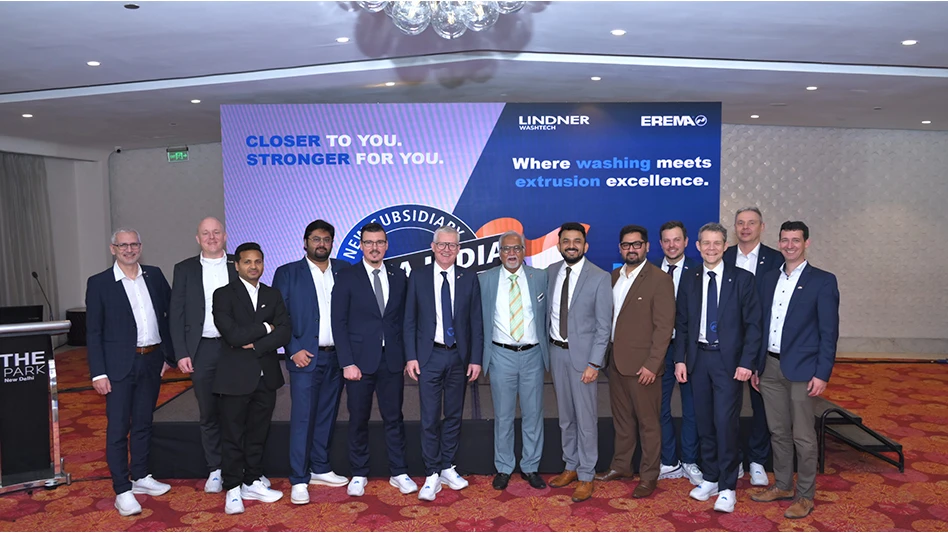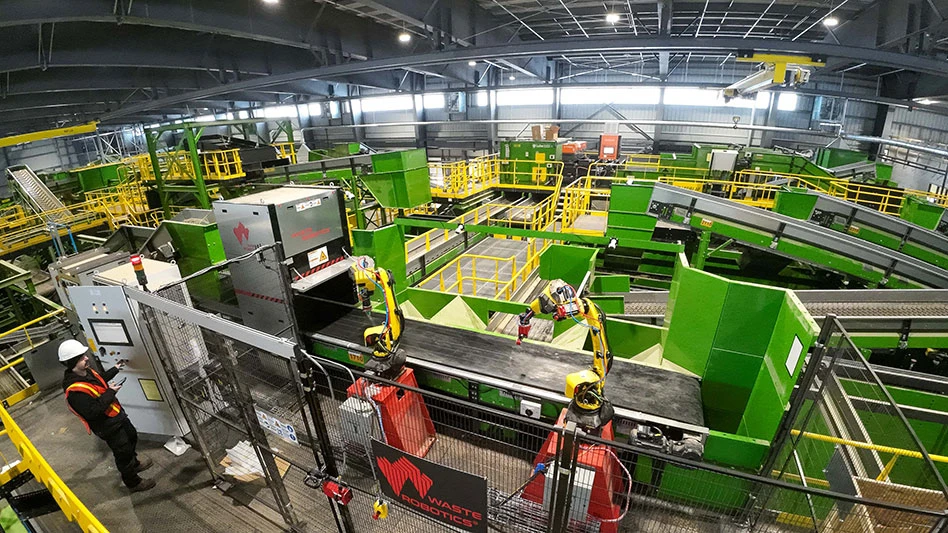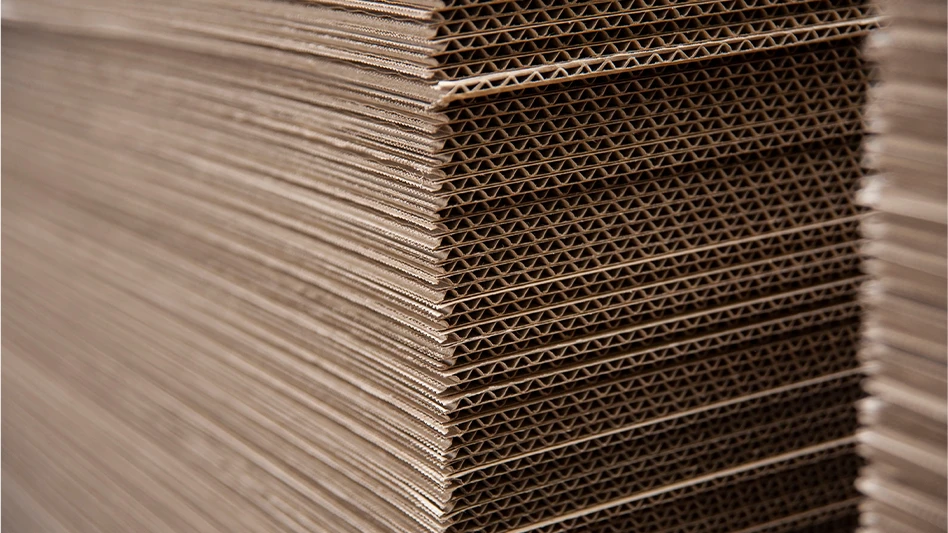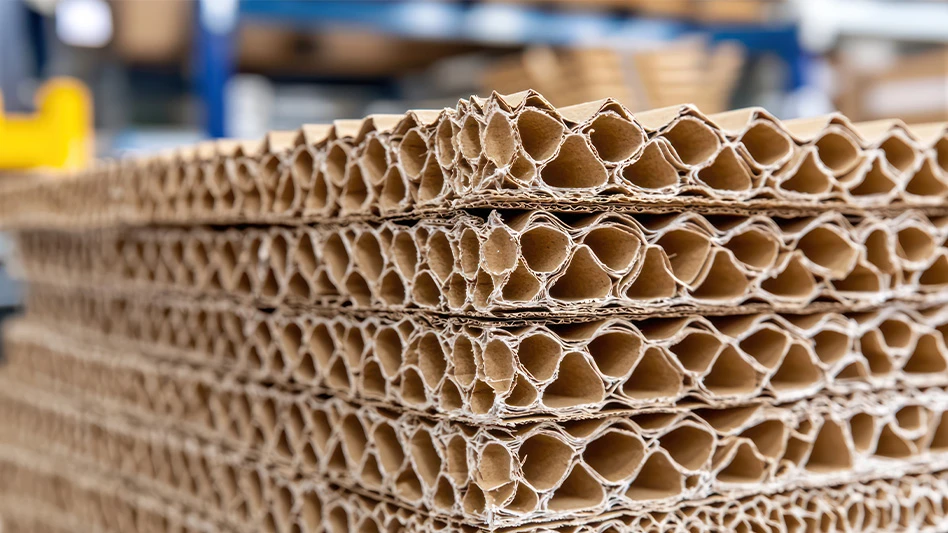
Iryna | stock.adobe.com
Slowing demand for electric vehicles (EV) has affected the supply chain, with Umicore saying customers’ demand projections for battery materials have declined in recent weeks.
Umicore, which is based in Brussels, says the volume of 2024 battery materials could be equal to or slightly lower than last year. In this context, Umicore has lowered its 2024 guidance for its battery materials business group and now says it expects adjusted EBITDA (earnings before interest, taxes, depreciation and amortization) to be around break-even, including a positive one-off of 50 million euros, or $54 million. This compares with initially expected adjusted EBITDA of 135 million euros, or $146 million.
According to Umicore, the overall 2024 performance of its catalysis, recycling and specialty material foundation businesses continue to be robust and in line with market expectations, confirming its capability to generate strong earnings, free cash flow and industry-leading returns.
Umicore expects group adjusted EBITDA for 2024 to be in a range of 760 million euros, or $824 million, to 800 million euros, or $867 million.
The updated guidance reflects a reduction in cathode materials sales that has been driven by:
- volumes from legacy contracts coming to an end faster than anticipated;
- a delay in the anticipated volume ramp-up of new contracts in Europe as customers are scaling back their electrification ramp-up plans; and
- the volumes for a Chinese battery OEM will not materialize in 2024.
Adjusted EBITDA for battery materials amounted to 149 million euros, or $162 million, in 2023, which includes substantial one-offs related to nonrecurring lithium effect and valuation of battery production scrap.
Umicore has started reassessing growth projections post-2024 in response to the slowdown and ongoing reviews of investment plans by EV manufacturers. The company assures it is working closely with its customers to create clarity in the coming months.
According to Umicore, the outcome of this assessment will result in phasing its capex plans to closely match the future growth pace of its customer base. In the meantime, the 2024 capex is expected to not exceed 650 million euros, or $705 million. Given the slower ramp-up, Umicore also is assessing ways to adjust its cost structure.
“Our short-term outlook in battery materials is clearly disappointing,” Umicore CEO Bart Sap says. “At the same time, the electromobility trajectory is and will not be linear, like in any other significant industry transformation. This is why we are reassessing our own growth path with agility and determination while we maintain a strong belief in the long-term prospects of electrification.”
He adds that Umicore is "adapting” its pace to this new reality and taking actions to navigate the immediate challenges.
“We continue to build on the firm fundamentals of our complementary [catalysis, recycling and specialty material] foundation businesses, which are global leaders in their respective markets. They are a bedrock of strong cash flow and returns, as well as a repository of our vast knowledge and experience. This underpins our ambition to replicate this success for our battery materials business.”
Latest from Recycling Today
- CMI names director of sustainability
- NWRA announces 2026 Hall of Fame class
- Van Dyk Recycling Solutions adds to sales team
- Glass Packaging Institute calls for 2027 Clear Choice Awards submissions
- EGA, Century Aluminum select firm to lead preparatory engineering work for primary aluminum smelter project
- Fuchs to unveil new G-Series at ReMA 2026
- Michigan’s Kent County DPW recycles nearly 30,000 tons in 2025
- New chair elected at INC-5.3
